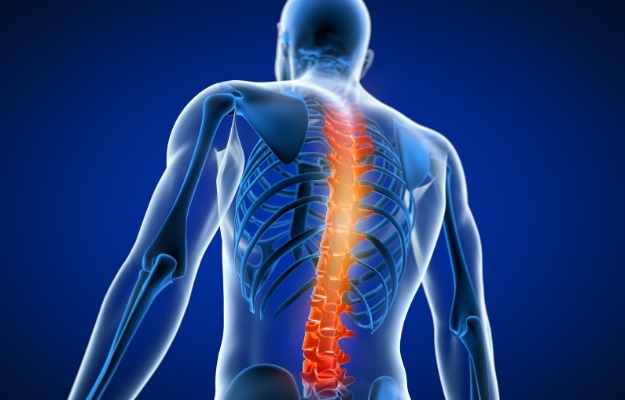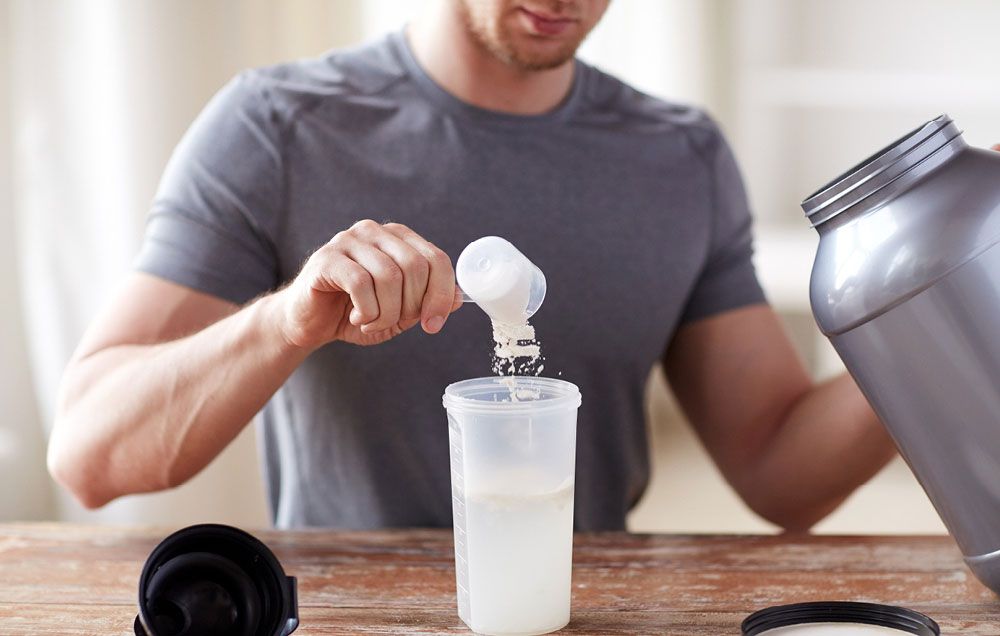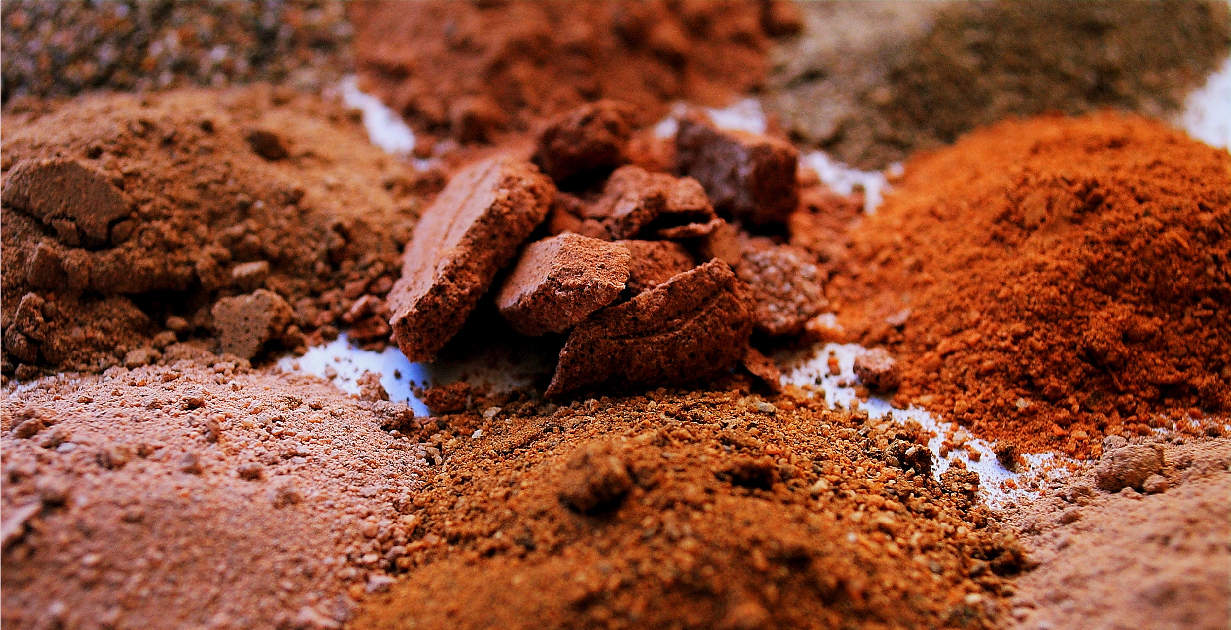According to Private Clinic London rosacea is a long-term skin disorder that mostly affects the face. It can include flushing, redness, visible blood vessels, and occasionally acne-like papules and pustules. Research indicates that a mix of genetic, environmental, and lifestyle variables may contribute to the development and worsening of rosacea, even if the actual aetiology of the condition is still unknown. We’ll look at how lifestyle decisions relate to rosacea in this blog post, emphasising how different factors affect symptom management and general skin health.
Rosacea: What is it?
Rosacea is a common skin condition that is characterised by a persistent redness in the face, especially in the cheeks, nose, forehead, and chin. Apart from redness, those who have rosacea may also experience:
1. Flushing: Sudden, fleeting episodes of facial redness, usually brought on by heat, sunlight, spicy food, alcohol, or mental strain.
2. Visible Blood Vessels: A “blotchy” or “ruddy” appearance may result from dilated blood vessels that become visible on the skin’s surface.
3. Bumps and Pustules: In more severe types of rosacea, inflammatory lesions that resemble acne may appear.
Living Style and Rosacea:
Rosacea has no known cure, although environmental variables and lifestyle decisions can affect the frequency and severity of symptoms. By being aware of these variables, people with rosacea can take more control of their disease and reduce flare-ups. The following are a few lifestyle choices that could affect rosacea:
Dietary Triggers: Some people have reported that certain meals and beverages, including spicy foods, hot drinks, alcohol (particularly red wine), and foods high in histamine (such as aged cheeses and fermented foods), might cause flare-ups of their rosacea.
Sun Exposure: UV radiation and sunshine are frequent causes of flare-ups for rosacea. Wearing broad-spectrum sunscreen and protective apparel, including hats and sunglasses, can help shield the skin from the sun’s rays, reducing redness and preventing symptoms from getting worse.
Stress management: For many people, emotional stress is a well-known cause of rosacea flare-ups. Stress-related symptoms can be lessened and general wellbeing can be enhanced by engaging in stress-reduction practices such progressive muscle relaxation, yoga, deep breathing exercises, and mindfulness meditation.
Skincare Products: Peeling agents, scrubs, and topical medicines are examples of harsh or irritating beauty items that can aggravate rosacea complaints and increase skin sensitivity.
Making lifestyle changes is the key to gaining comfort and confidence in managing rosacea. It becomes critical to follow a conscious diet plan and keep a close look out for recognised triggers such as spicy foods, hot beverages, and alcohol, particularly red wine. Moderation is key when it comes to alcohol and caffeine, since overindulgence can reawaken the flaming dragon of rosacea. Additionally, hydration proves to be a silent hero, as drinking plenty of water nourishes skin from the inside out.
Visit Private Dermatologist London today to start your journey towards rosacea healing.





